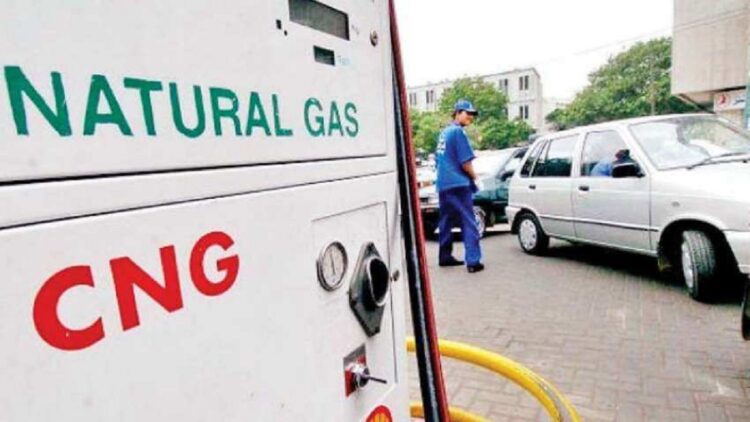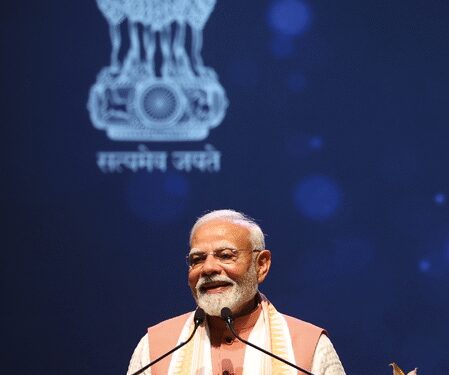PNGRB controls transmission tariffs for natural gas pipelines.
In the coming days, the expectation of CNG-PNG prices has increased. Indeed, oil and gas regulatory petroleum and natural gas regulatory boards (PNGRBs) have proposed a new policy of setting tariffs for pipelines transporting gas to users, and proposed to charge the lowest rates from urban gas institutions selling CNG and piped cooking gas (PNG) in homes. PNGRB controls transmission tariffs for natural gas pipelines and is fixed to provide 12 percent standard returns on employed capital.
Proposal to reduce price
According to PTI news, PNGRB has issued a public consultation document to replace the regional tariffs installed from areas producing natural gas or from import ports. The regulator stated that in another far -reaching improvement to enhance investment and increase gas consumption in the country especially CNG and domestic piped natural gas (used in domestic kitchens), PNGRB has proposed to reduce the price of piped natural gas used in domestic consumers and transport.
12 percent standard return on employed capital
PNGRB controls transmission tariffs for natural gas pipelines and is fixed to provide 12 percent standard returns on employed capital. These tariffs, traditionally, were divided along the length of the pipeline and increased when they moved away from the gas source. As a result, tariffs increased to consumers located at a distance from the source. To solve the distance -related chaos in pricing of natural gas, an integrated tariff was proposed to all consumers associated with the natural gas grid in November 2020 and it was implemented from 1 April 2023.
What has been said in the new proposal
Now in the proposed new system, 66. 17 percent of integrated tariffs for the first tariff zone and 100 percent fee will be charged for users of any size of Zone-1. However, CNG and PNG-Ghreluu will be charged zone-1 tariffs from anywhere in the country, despite the distance from users and sources. This will help in cutting the cost of urban gas consumers who are away from the gas source. PNGRB said that this is expected to make natural gas even more competitive than liquid fuel.
Latest business news






